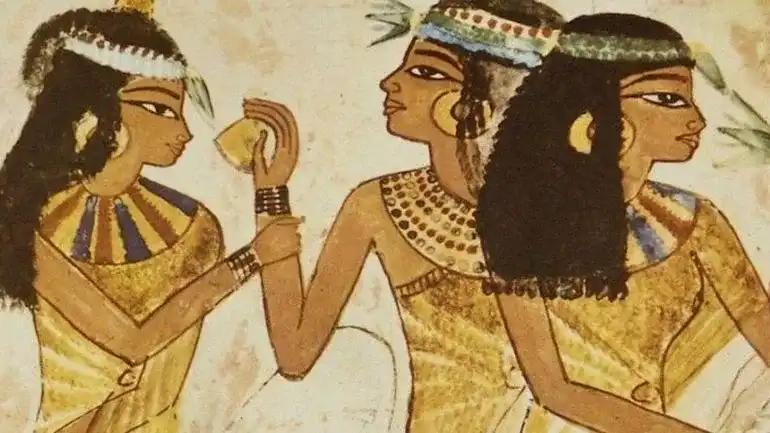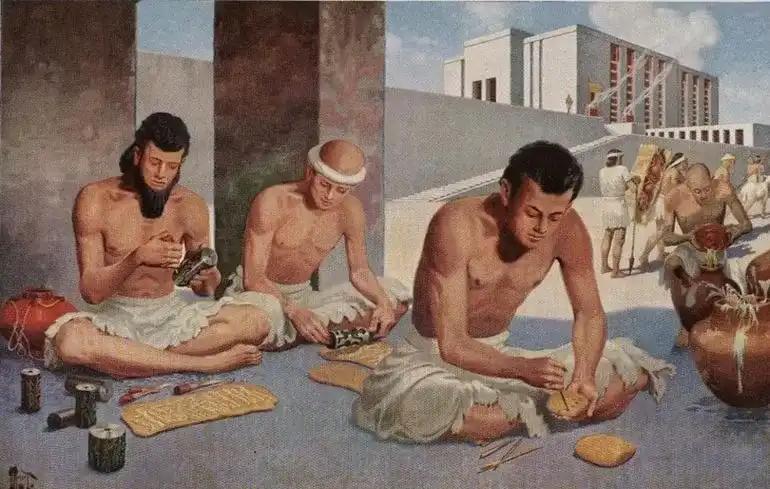Egyptians And Babylonians
In 1500 BC, the ancient Egyptians devised ways to make soap-like components using alkaline salts and oil. This was further enhanced by the Neo-Babylonians, by adding ashes, cypress extracts, and sesame oil.
69
199 reads
CURATED FROM
IDEAS CURATED BY
The idea is part of this collection:
Learn more about personaldevelopment with this collection
The importance of networking in podcasting
How to grow your podcast audience
How to monetize your podcast
Related collections
Similar ideas to Egyptians And Babylonians
Ancient Mesopotamia
The ancient Mesopotamia civilization was the origin-place for many inventions including scriptures, wheels, and .. soap.
The first evidence of a soap-like substance was in 2800 BC, in Mesopotamia, inhabited by the Sumerians. The oldest soaps, made by using animal fats with...
Ink, paper, and writing implements
- Ink. The Chinese invented 'Indian Ink', a mixture of soot from pine smoke and lamp oil mixed with the gelatin of donkey skin and musk. By the year 400, a stable form of ink consisted of iron salts, nutgalls, and gum. It became a formula for centuries.
- Paper...
The Romans
The Latin word for soap ‘Sapo’ is mentioned in an ancient encyclopedia (penned in circa 77 AD) by a Roman Naturalist Pliny the Elder. The author talked about how the product was used more by the Gaulish and Germanic men rather than Romans (which preferred to scrap their skins clean by using essen...
Read & Learn
20x Faster
without
deepstash
with
deepstash
with
deepstash
Personalized microlearning
—
100+ Learning Journeys
—
Access to 200,000+ ideas
—
Access to the mobile app
—
Unlimited idea saving
—
—
Unlimited history
—
—
Unlimited listening to ideas
—
—
Downloading & offline access
—
—
Supercharge your mind with one idea per day
Enter your email and spend 1 minute every day to learn something new.
I agree to receive email updates


